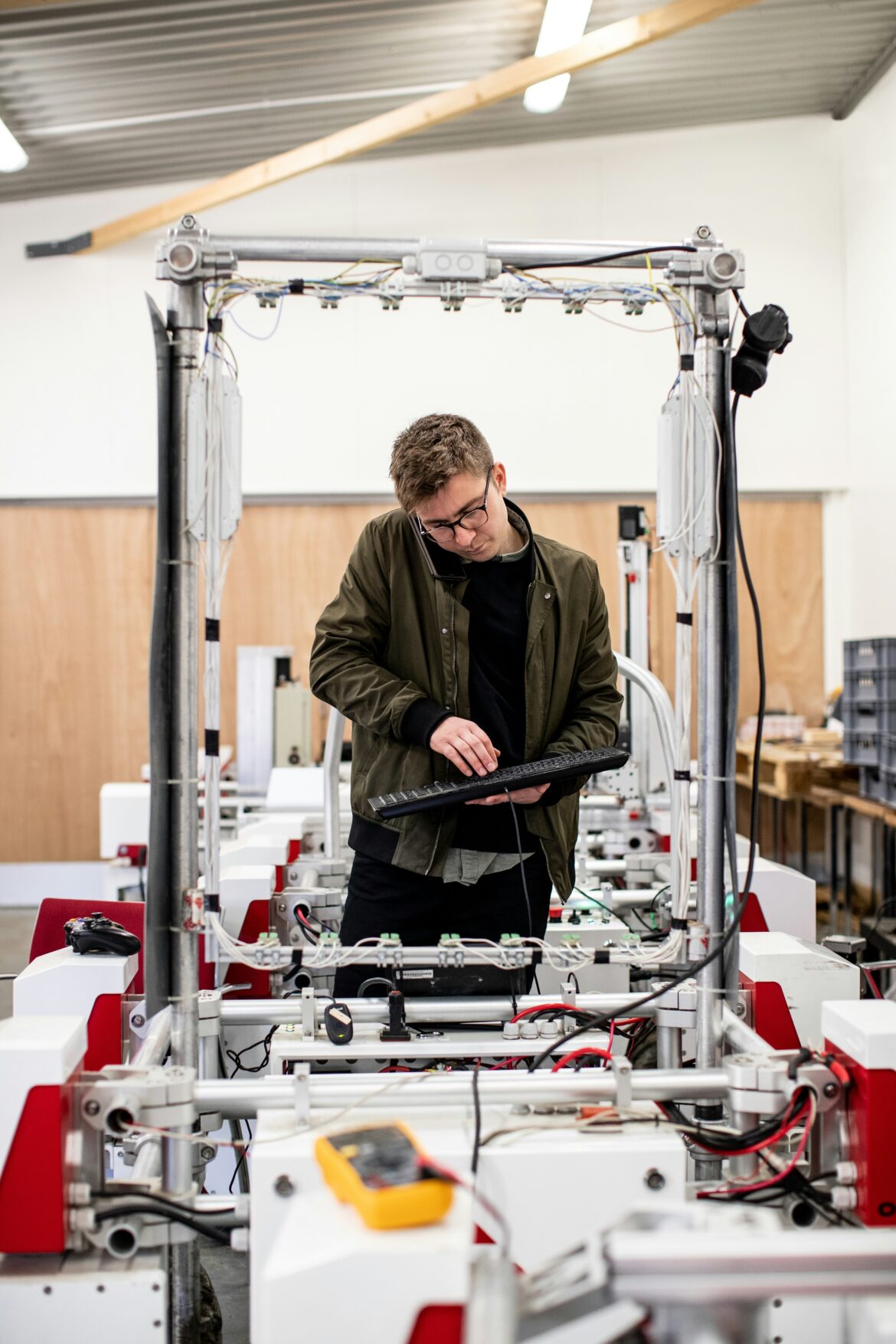Are you interested in the point where technology and industry meet? Do you feel attracted to the concept of designing systems that can simplify processes and improve efficiency? If the answer is yes, then a profession in automation may be ideal for you. In this blog post, we will discuss how to enter the automation field, outlining essential steps and resources that can aid you in starting this exciting journey.
- Understand the Basics of Automation:
Before diving into the field, it’s essential to have a solid understanding of what automation entails. Automation involves the use of technology to perform tasks with minimal human intervention, ranging from manufacturing processes to software development and beyond. Familiarize yourself with concepts such as robotics, control systems, programmable logic controllers (PLCs), and industrial sensors to gain a foundational understanding of automation principles. - Acquire Relevant Education and Training:
While formal education isn’t always a prerequisite for a career in automation, having a background in engineering, computer science, or a related field can provide valuable knowledge and skills. Consider pursuing a degree or certification program that offers coursework in automation, mechatronics, or robotics. Additionally, seek out opportunities for hands-on training through internships, workshops, or online courses to gain practical experience with automation technologies. - Develop Technical Skills:
In the field of automation, technical proficiency is key. Take the time to develop skills in programming languages commonly used in automation, such as Python, C++, or ladder logic. Familiarize yourself with industry-standard software tools and platforms used for designing, programming, and troubleshooting automated systems. Additionally, hone your ability to read technical documentation, schematics, and blueprints, as these are essential skills for automation professionals. - Gain Experience Through Projects:
One of the best ways to demonstrate your skills and knowledge in automation is by working on hands-on projects. Whether it’s building a small-scale robot, designing a control system for a simulated manufacturing process, or developing software for process automation, projects allow you to apply theoretical concepts to real-world scenarios. Document your projects and showcase them in a portfolio to highlight your capabilities to potential employers. - Stay Updated on Industry Trends:
The field of automation is constantly evolving, with new technologies and methodologies emerging regularly. Stay informed about industry trends, advancements in automation technology, and best practices through professional organizations, conferences, webinars, and online forums. Networking with professionals in the field can also provide valuable insights and opportunities for career growth. - Pursue Professional Certifications:
Obtaining certifications relevant to automation can enhance your credibility and marketability as a professional. Consider pursuing certifications such as Certified Automation Professional (CAP), Certified Control Systems Technician (CCST), or vendor-specific certifications offered by companies like Siemens, Rockwell Automation, or Schneider Electric. These certifications validate your expertise and proficiency in automation-related skills and technologies. - Seek Career Opportunities:
Once you’ve acquired the necessary education, skills, and certifications, it’s time to explore career opportunities in automation. Look for job openings in industries such as manufacturing, automotive, aerospace, pharmaceuticals, and logistics, where automation plays a significant role in enhancing productivity and efficiency. Leverage online job boards, professional networking platforms, and industry-specific websites to search for positions and connect with potential employers.
Entering the field of automation requires dedication, continuous learning, and a passion for innovation. By following these steps and staying proactive in your pursuit of knowledge and experience, you can position yourself for a rewarding and fulfilling career in automation. Embrace the challenges, embrace the opportunities, and embark on a journey to shape the future of industry through automation.

